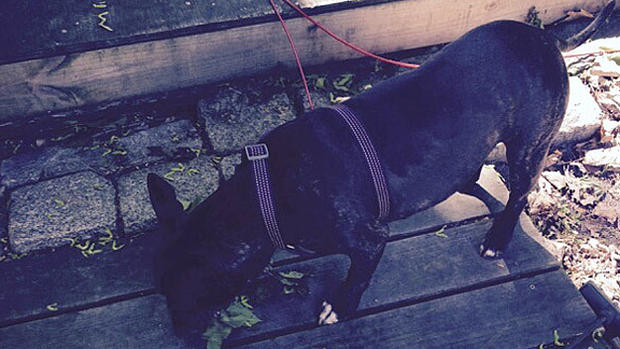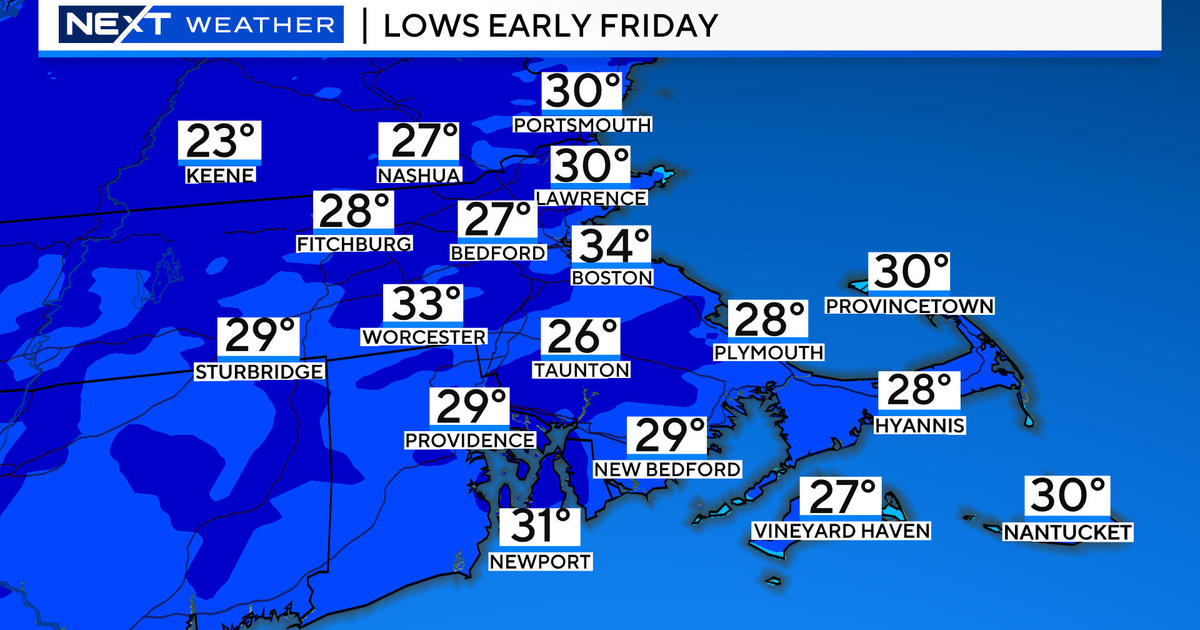MSPCA Braces For Influx In Dangerous Dog Flu Cases
BOSTON (CBS) - Veterinarians at MSPCA-Angell Medical Center in Boston are preparing for more cases of a dangerous strain of dog flu that has been spread through the Midwest.
There have been more than 1,700 reported cases of H3N2 in Illinois. The strain has also been reported in Indiana, Iowa, Ohio, Texas and Wisconsin.
MSPCA-Angell West says they have seen their first case of H3N2. On May 3, a sick 5-year-old female terrier from Watertown was brought to Angell after a family trip to Chicago.
Her handler, Debra Overland, noticed other symptoms.
"She was lethargic, and her lymph nodes were swollen...so I rook her to Angell Medical Center," Overland says.
Paris was hacking, had a fever and was lethargic. She is recovering at home.
Dr. Virginia Sinnott of Angell's 24-7 Emergency & Critical Care Unit says it's only a matter of time before New England sees more cases and is urging dog owners to be prepared.
"Chicago has a real outbreak on its hands and we want to do our part to prevent the spread of flu in Massachusetts," she said.
Officials say the strain is highly contagious from dog-to-dog and exposure results in infection nearly 100 percent of the time. The strain is not covered by the current dog flu vaccine.
Sinnott suggests that dog owners avoid trips to veterinary hospitals if they think their dog may have been exposed to the virus.
"It's the same as when we get sick and our doctor says 'Stay at home, rest and drink lots of water,'" she said.
The doctor says dogs need to be brought to an hospital if they are experiencing symptoms such as vomiting, hacking cough, fever and runny nose.
"In these cases we're asking dog owners to come to the hospital but to keep their pets clear of all other dogs—and immediately inform our staff if their pet has been exposed to dogs in the outbreak states."
Dog flu is not typically fatal and does not pose a threat to people, cats or other pets. However, this strain can be a painful experience for dogs that get it.
"Dogs are sick on average for 10 to 20 days and it's extremely uncomfortable for them—on par with how we feel when we get the flu," Sinnott says. "No one wants to see their pet suffer through this. While we should not panic, we should be prepared and do all we can to keep our dogs from contracting the illness."





